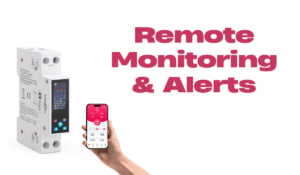Building a Stable Zigbee-Based Energy Monitoring System for a Large Campsite
Building a Stable Zigbee-Based Energy Monitoring System for a Large Campsite A Real-World Case Study Without Cloud Dependency Managing electricity in large outdoor facilities is






